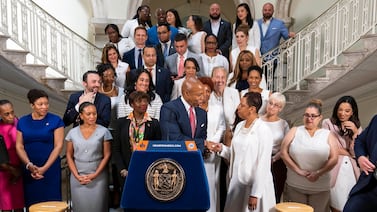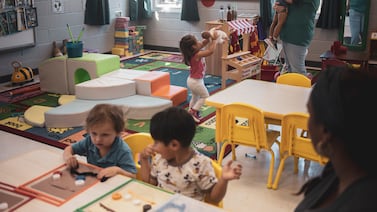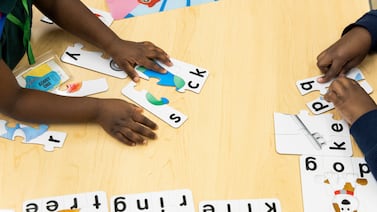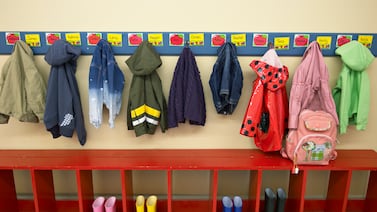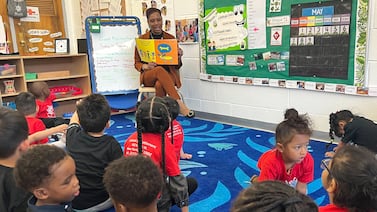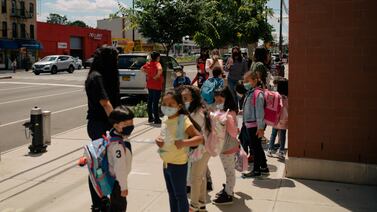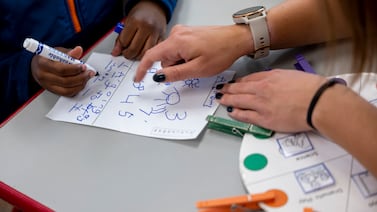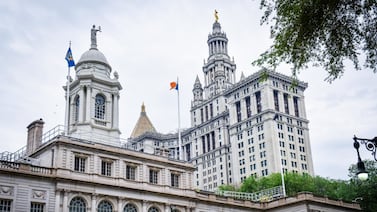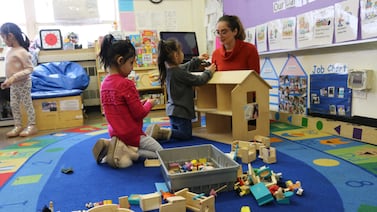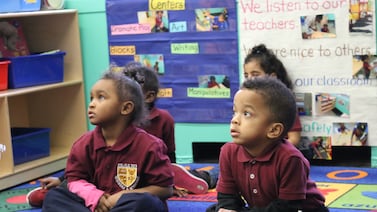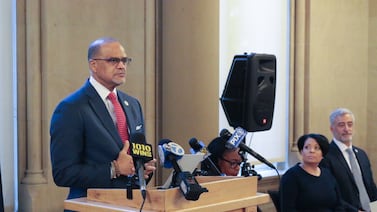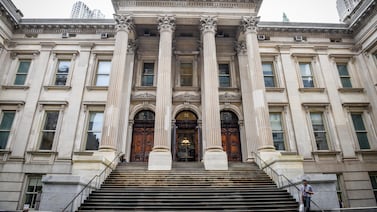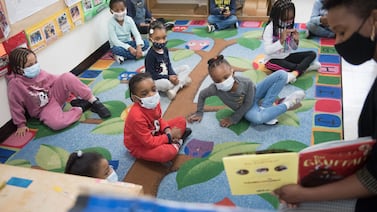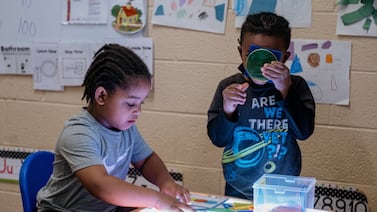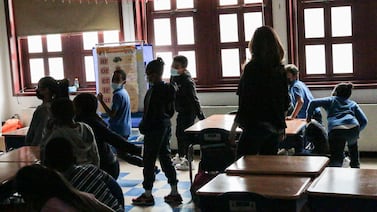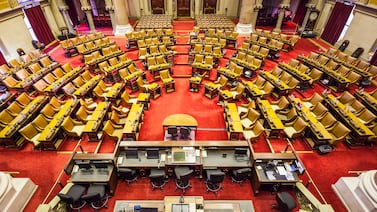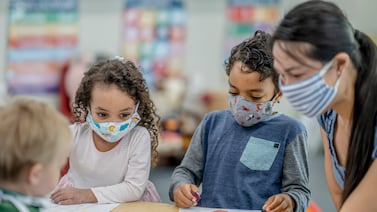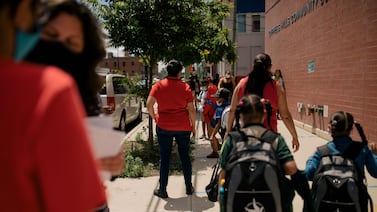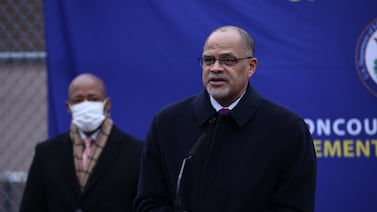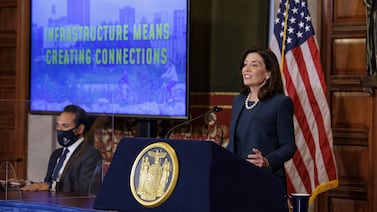Pre-K programs
NYC officials announced a budget agreement that restores funding to a slew of programs that were on the chopping block.
The battle comes four years after the city boosted teacher pay in community-based programs to match their public-school counterparts.
Programs have long struggled to provide all children with the services they need, as they are legally required to do.
Mayor Eric Adams has proposed ending Promise NYC, which has provided free child care to 600 undocumented immigrant children.
City Council Speaker Adrienne Adams blasted the mayor’s approach to early childhood education, describing the system as “broken” and “in full crisis mode.
The education department’s spending per pupil has increased by 46%, in large part due to the billions in federal COVID aid the district received as enrollment has dipped.
The study comes after Mayor Eric Adams decided earlier this year to pause the expansion of the preschool program for 3-year-olds as planned under former Mayor Bill de Blasio.
The office’s creation comes as the education department’s own early childhood office has faced intense scrutiny over the past several months under Adams’ leadership.
Mayor Eric Adams plans to open 800 new special education seats for New York City’s for 3- and 4-year-old children by this spring. Hundreds of kids have been waiting to get into programs that meet their needs.
As of this fall, the city had planned to open 55,000 3-K seats, but 15,000 seats are currently unfilled.
Schools Chancellor David Banks blamed problems with payments on the previous administration.
Some child care providers are closing or on the brink of insolvency because of delayed payments
As Mayor Eric Adams stares down a massive budget shortfall, New York City has no clear plans to sustain its growing 3-K program.
The lack of communication about the new plan has sowed confusion and concern among staff and preschool providers.
Student enrollment has big implications for public schools, and declines can lead to less funding and school closures or mergers.
One of the largest pushes this year went toward expanding free child care. The city’s public schools will receive just over $12 billion in state funding.
The investment will be spread over four years and could help to stabilize an industry shaken by COVID.
Parents who speak limited to no English have found it difficult to understand and navigate COVID-related protocols at school.
If the new school comes to fruition, it would be the second public school in NYC to focus specifically on students with dyslexia. A charter opened with that mission in 2019.
Hochul’s proposal also includes extending mayoral control of schools, recruiting more teachers, and boosting mental health and after-school resources.

